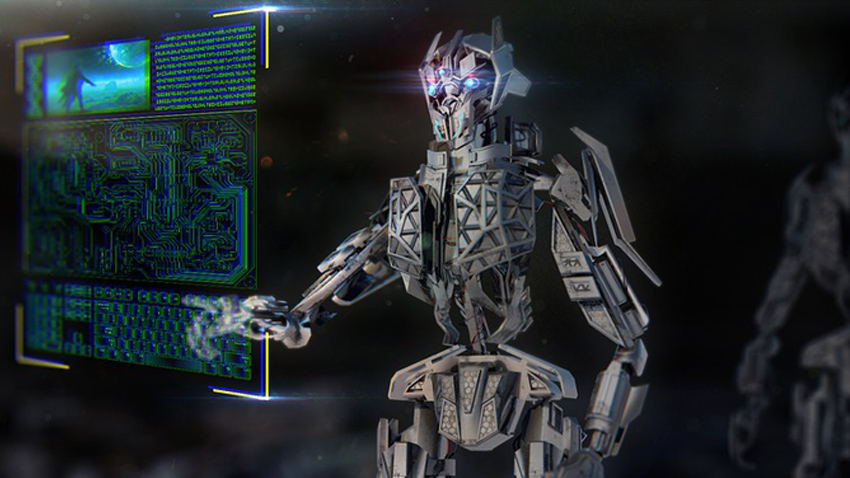Imagine a world where wars could be won by autonomous robots, capable of learning from their experiences and adjusting their actions according to enemy tactics. It sounds like something from the “Terminator” franchise – but the truth is that it may be a consideration for the defence industry. That’s why scientists and technology leaders around the world are coming together to request that “killer robots” be banned from the battlefield.
During a conference in Melbourne, the International Joint Conference on Artificial Intelligence (IJCAI), many of the top robotics and AI companies have come together to urge the UN to ban the use of lethal autonomous weapons. In an open letter written by 116 founders of AI and robotics companies from 26 countries, the industry is urging a move away from lethal AI. Currently, the UN has delayed meetings regarding the discussion of the “robot arms race” until later in the year.
The Rise of Killer Robots
Professor of Artificial Intelligence at the University of New South Wales, Toby Walsh, released the letter urging the UN to fight back against the robot arms race, during the opening of the IJCAI conference. The letter contains signatures from some of the most well-respected people in the industry, including Elon Musk, Mustafa Suleyman from Google’s DeepMind, the founder of Universal Robotics, Esben Ostergaard, and Jerome Moncaeux of Aldebaran Robotics.
The letter represents the very first time that robotics companies and AI leaders have come together to take a joint stand in how they feel the industry should progress. In the past, only one company – Clearpath Robotics from Canada, called for a ban on lethal AI weapons.
The concept of autonomous weapons might seem futuristic, but it’s been in discussion for some time now. In fact, 123 member nations from the UN Review Conference for Conventional Weapons agreed to begin formally talking about what autonomous weapons could mean for the future of humanity. Of the members involved in that conference, 19 have already called for a ban.
Summarising the Letter
The IJCAI letter is a response to the dangers of AI to us as a species if automated weapons begin to revolutionise warfare. If AI is used on the battleground, then armed conflict could reach a completely new level, with weapons of terror we never had the scope to comprehend in the past. Once we’ve begun to explore the use of AI for lethal purposes, the potential for destruction is limitless.
Of course, it’s important to remember that AI, just like any other technology, has the scope to allow for good and bad developments. Artificial Intelligence isn’t some evil villain in the emerging tech world – it’s simply a tool for growth. As human beings in control of this technology, it’s up to us to decide exactly what we’re going to do with it.
Just as AI could be used to improve healthcare systems, fight back against poverty, and address significant concerns like climate change, it could also be used to industrialise war, and take the world on a slightly darker path. The letter produced by Toby Walsh is a plea from the robotics and AI companies of the world to decide that AI will be a force used only for good, and human evolution.
AI weapons are no longer just a figment from our favourite sci-fi fantasies – they’re a very real concern, capable of destroying the world as we know it. A ban on automated weapons would be similar to the ban on chemical weapons already imposed by the UN – intended to minimize the disruption we cause to the world around us.
How do you feel about the concept of “killer robots” and AI warfare? Do you think that AI should be allowed to grow into the arms race, or do you agree with the companies in the IJCAI, who believe that autonomous weapons are dangerous and unethical? Join the conversation in the comments below! We’re keen to hear what you think.







